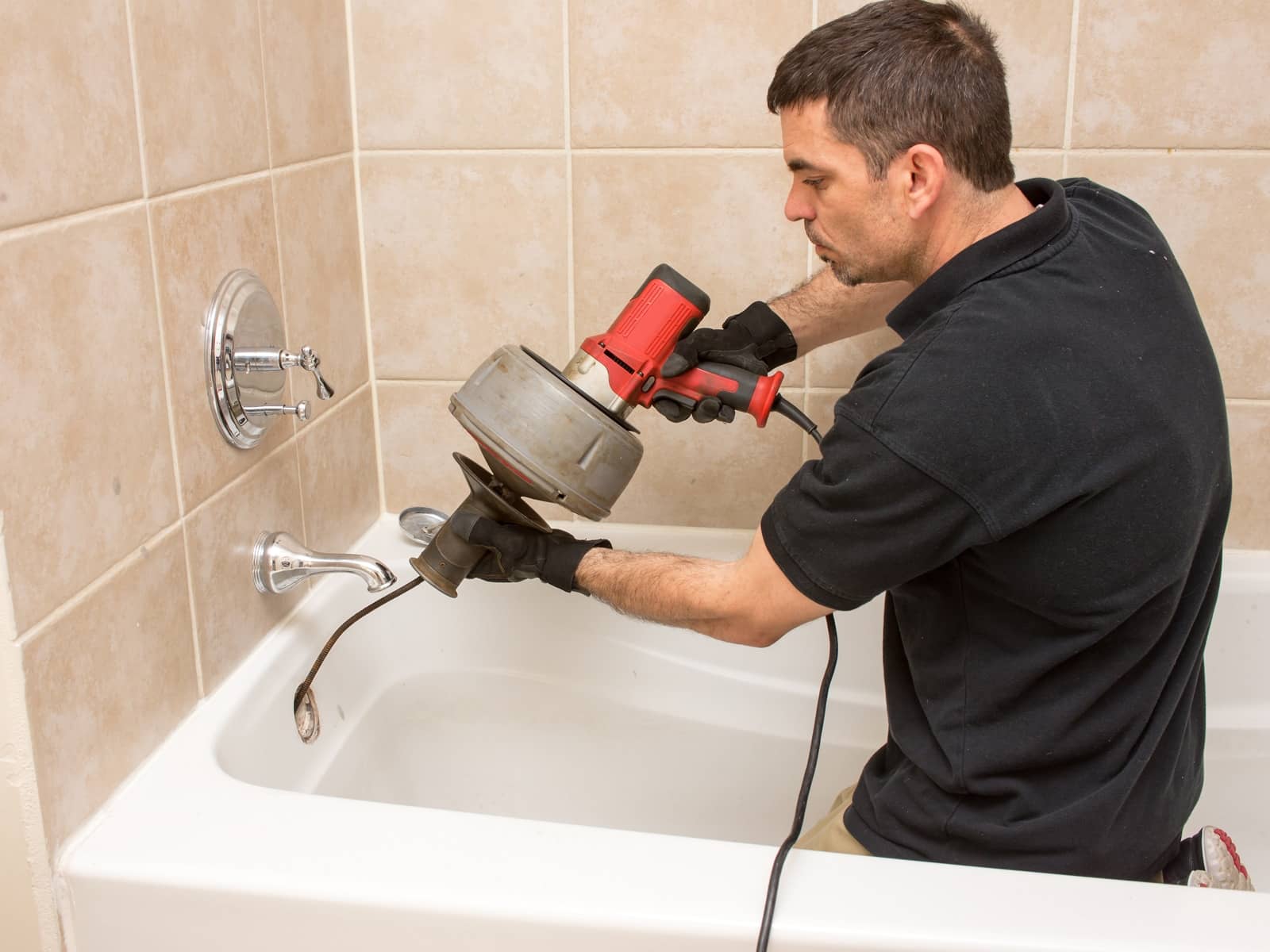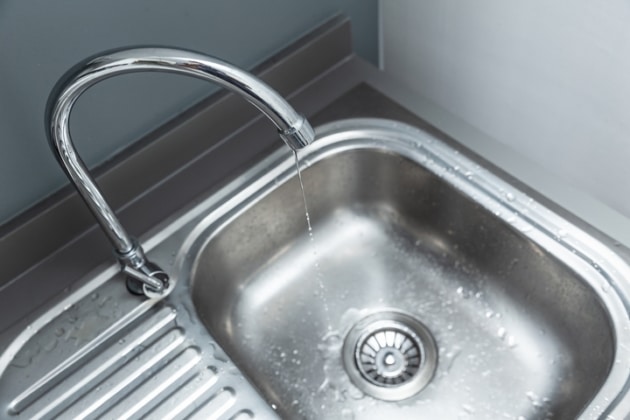Your home’s kitchen sink is likely to be the cause of most of your home’s drain issues. The issues often begin with misuse of your garbage disposal and only worsen when your dishwasher cycles or you are washing dishes by hand. But regardless of the reason, the result is often a nasty flood of water backing up in your kitchen sink or other drains in your household. But the good news is that you can avoid many of these costly and annoying problems but following a few simple dos and don’ts when using your kitchen sink.
What To Avoid
- Never pour grease or used cooking oil down the kitchen sink drain. What you think is a harmless liquid will soon cool and solidify on the inside of the drain pipe. Once the line is coated with this thick and sticky grease and oil, it becomes a trap for all the tiny food particles that should wash away. Instead, the bits of food waste gets stuck inside the pipe and fittings to begin forming some tough drain clogs. Pour used oil and grease into a jar or can to be placed in the trash receptacle.
- Be careful about what goes into the disposal. Your garbage disposal is only designed to handle small bits of food rinsed from dishes or cookware. All other food waste and debris should be placed in the trashcan. Large items stuffed into the disposal can damage the grinder and pass through into the drain to create very difficult to remove clogs.
- Never put coffee grounds, eggshells, cooked rice, or pasta into your garbage disposal. All of these items are prone to creating clogs that can damage the disposal and your drains. In addition, avoid stringy or fibrous foods like celery that can wrap around the grinder and damage the disposal.
- Never load plates into the dishwasher without rinsing them. All of the food waste will clog the dishwasher screen and begin to back up into your garbage disposal. These food particles and bits can start to clog the disposal and cause it to wear out prematurely.
What To Remember To Do To Avoid Drain Clogs
- Run cold water any time that the garbage disposal is in use. The water will help flush the food waste out of the disposal and down the drain into the sewer system. Rinsing away all of the food waste will also help eliminate odors from the disposal. Be sure to use only cold water to keep any grease or oil in a solid form that will wash away before sticking to the inside of the drain lines.
- Run your disposal regularly to eliminate any residual food waste. It will help to remove foul odors and avoid potential clogs. Add a few drops of dish soap to remove oil and greasy build-up and clean the inside of the disposal.
- Regular cleaning will help keep your dishwasher performing at its peak and avoid drain clogs. Pay special attention to the filter basket that catches food waste and debris. Too much waste in the filter can result in slow draining of the dishwasher, a backup of dirty water, a foul odor, and dishes not coming clean.
By eliminating the waste flowing down the kitchen drain, you will also be preventing some of the significant clogs that can occur when this waste becomes lodged in your home’s sewer line. For professional help with any drain clog in your home, call (505) 308-2776. The pros at All-Out Plumbing & Mechanical are here 24/7 to assist you and avoid any further expense from problems with backups and clogged drains.






 Special Offer
Special Offer

